Dr Huseyin Dogan (Principle Investigator) and Co-Investigators (Dr Paul Whittington, Professor Keith Phalp, Dr Nan Jiang and Dr Benjamin Gorman) from the Faculty of Science & Technology have recently been awarded £31,612 funding from the Department of Culture, Media and Sport, in collaboration with Innovate UK and the Knowledge Transfer Network, through the Cyber Academic Startup Accelerator Programme (CyberASAP). This external funding supports BU2025 Assistive Technology Strategic Investment Area.
Our CyberASAP project is named Authentibility Pass and the concept is for a smartphone application that will assist people who have reduced physical and cognitive abilities to communicate their authentication and accessibility requirements to organisations, including banks, SMEs and charities. This will be achieved by implementing secure organisation databases that store customers’ requirements. We believe the benefit of Authentibility Pass will be to increase the awareness of employees of the suitable methods to support customers with reduced abilities, resulting in higher customer satisfaction. The solution will be customisable to suit specific organisations through a ‘Software as a Service’ with varying licensing options, e.g. monthly or annual subscriptions. We have conducted market analysis and identified that there is a need for Authentibility Pass, as organisations who do not comply with accessibility regulations lose approximately £80,000 per annum through accessibility claims. Authentibility Pass builds on the knowledge obtained during Dr Paul Whittington’s PhD and Postdoctoral Research and the development of the SmartAbility Framework (supervised by Dr Huseyin Dogan and Professor Keith Phalp).
The CyberASAP programme is designed to assist academics in UK Universities to commercialise Cyber Security ideas, by providing expertise knowledge and support. Lesley Hutchins (Research Commercialisation Manager, RDS) is also included in our team to provide advice regarding commercialisation and intellectual property. There are two phases of the programme and we are currently midway through the first phase, which is the Value Proposition and Market Validation.
Usually the CyberASAP events are held in London, but due to COVID-19 these were converted to online webinars using Zoom, organised by the Knowledge Transfer Network. The webinars have been successful and included interactive participation, using ‘virtual breakout rooms’. Our team has participated in the Value Proposition and Market Validation Bootcamps, where we have learnt skills to apply in the first phase of the funding. We have presented at the mid programme review and the Value Proposition assessment, where our team was successful in proceeding to the Market Validation phase.
We are currently having discussions with industries to validate our Authentibility Pass concept, in terms of establishing their need for the Application. The team is having video calls with All-Party Parliamentary Group for Assistive Technology, BU Additional Learning Support, Cumberland Lodge, Diversity and Ability and Google. In addition to these discussions, we are distributing the Authentibility Pass Survey to people with reduced abilities, to understand their current challenges of communicating their authentication and accessibility requirements to organisations. The combination of these methods will validate our Value Proposition for Authentibility Pass, which will be presented to the CyberASAP panel at the end of July.
The remaining 20 teams in the programme will then be judged by a panel of cyber security experts and the successful teams will be invited to submit a proposal to Phase 2 of the programme, Proof of Concept. If our team are successful for this phase, we will receive an additional £60,000 of funding to develop Authentibility Pass. This will run from September 2020 to February 2021 and will cover the staff costs of the existing Co-Investigators, as well as an Application Developer.
Our aim is to convert Authentibility Pass into a commercial product that is used by banks, SMEs and charities to improve their relationship with customers who have reduced abilities. This could result in a spinout company from BU to facilitate the dissemination of the application. We envisage this creating impact for our assistive technology research and we will provide updates on our progress.
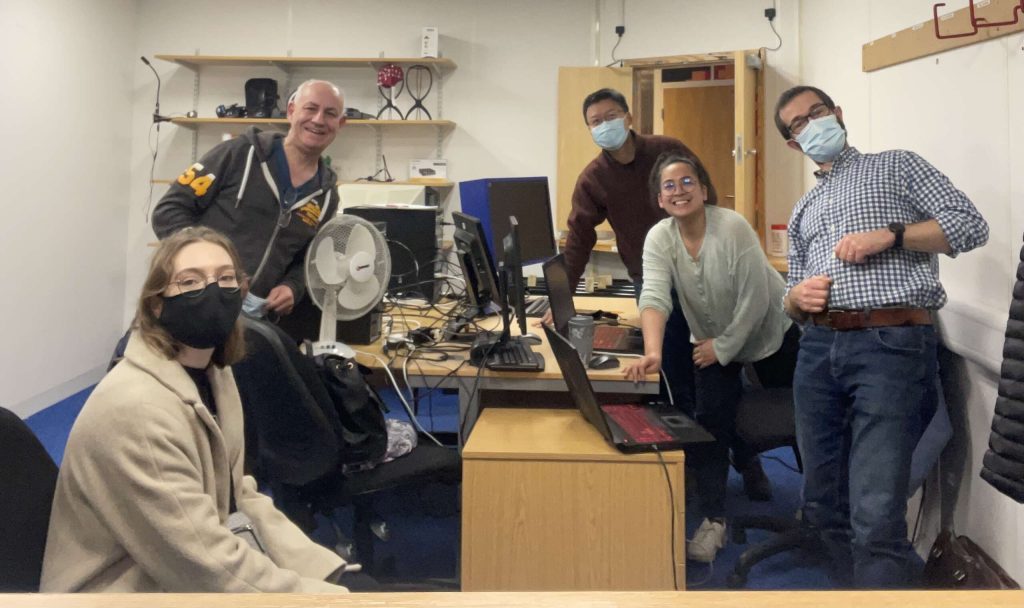




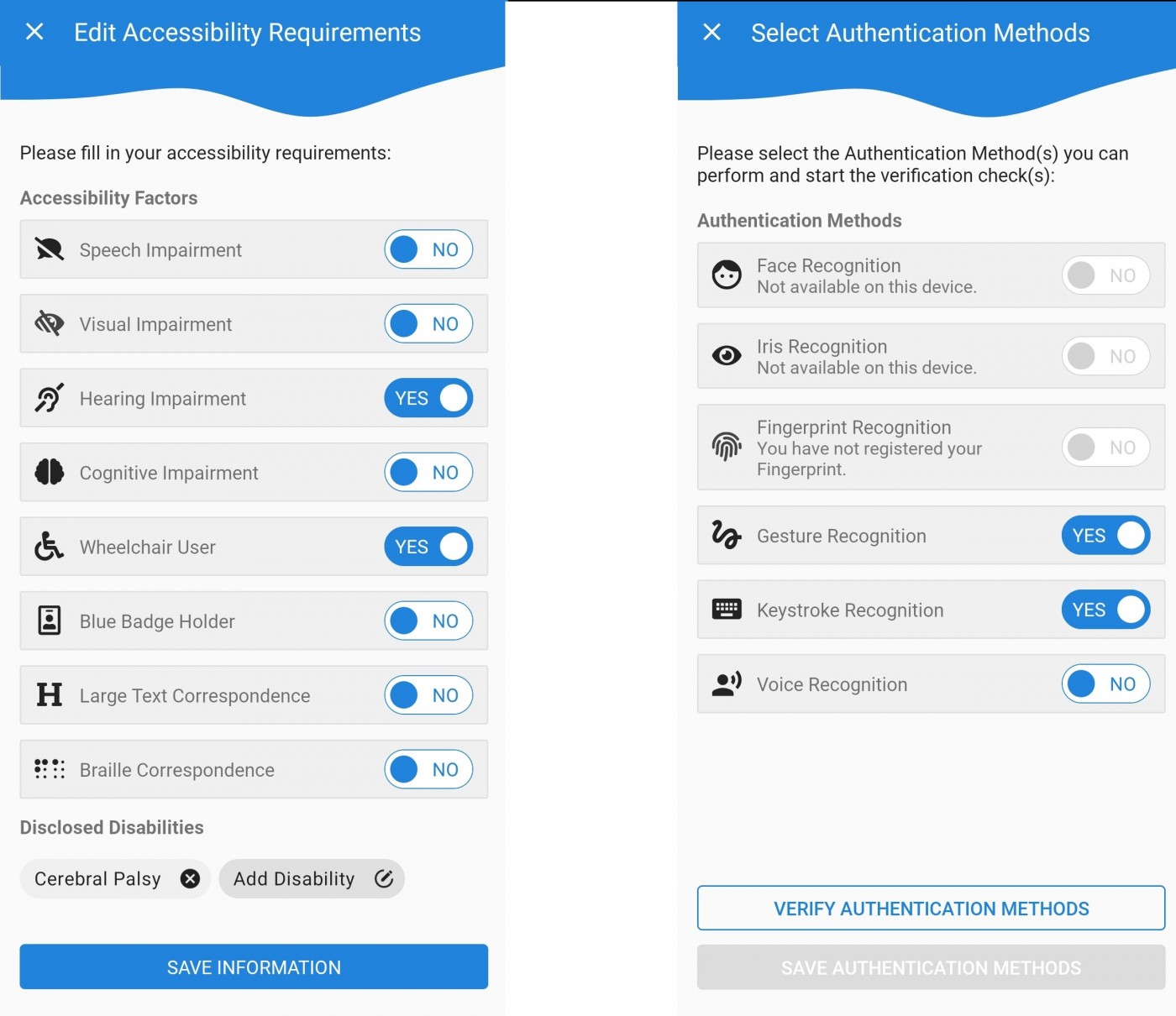
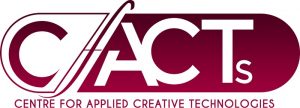
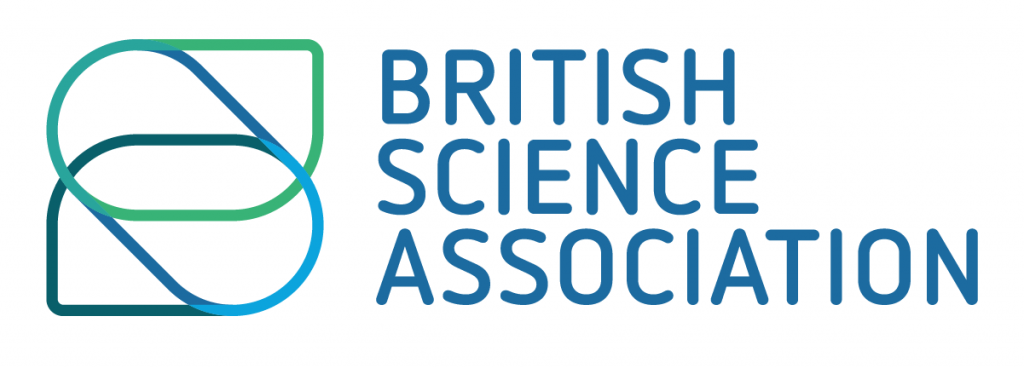
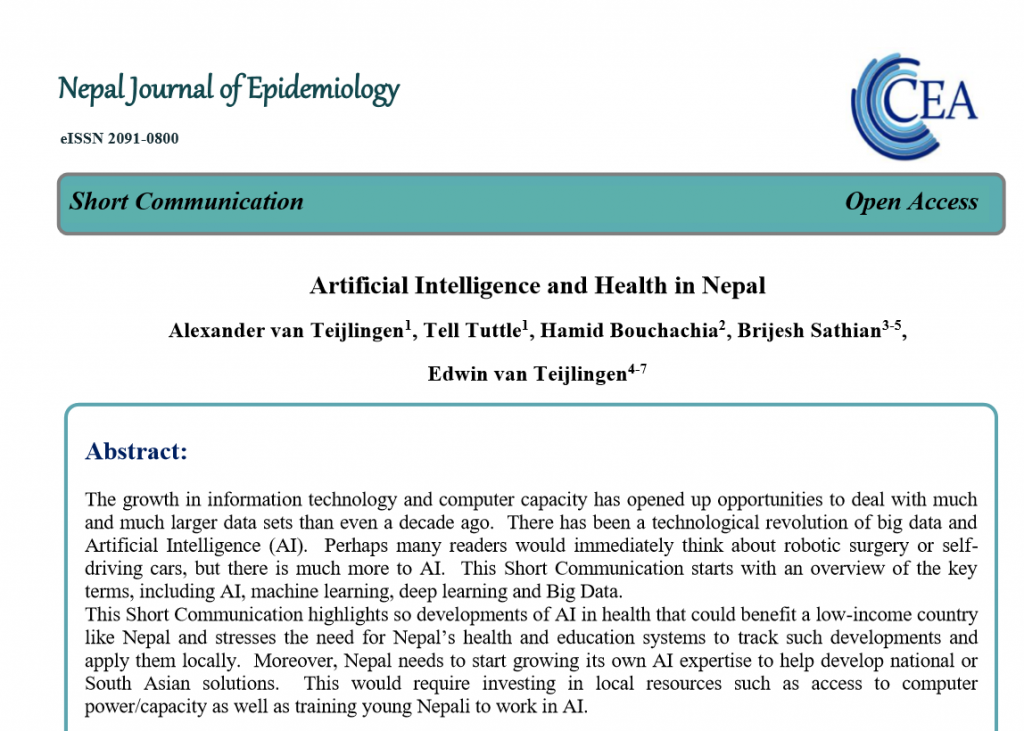

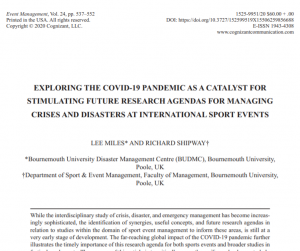
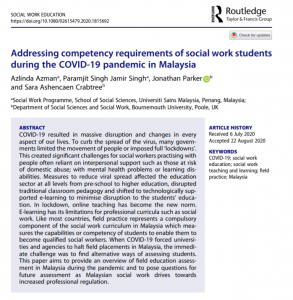
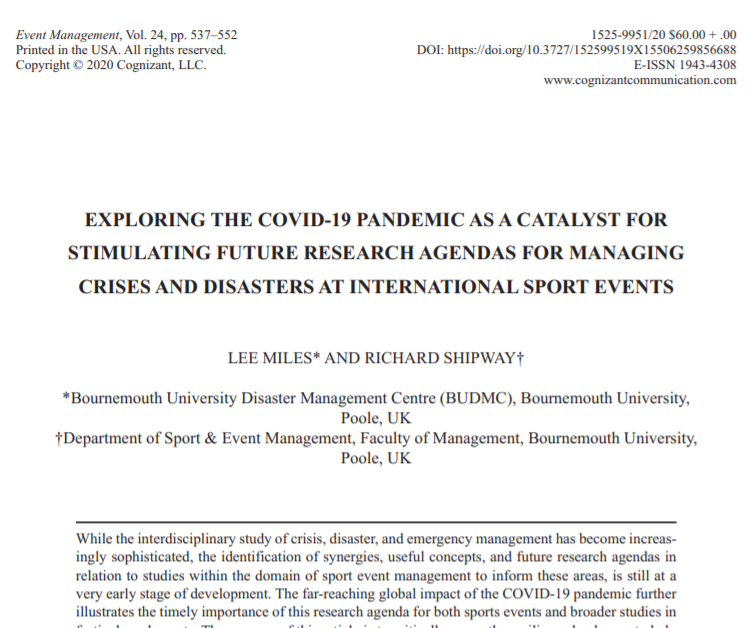
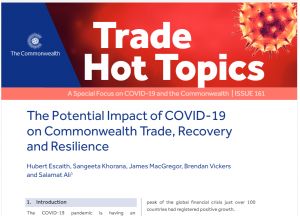
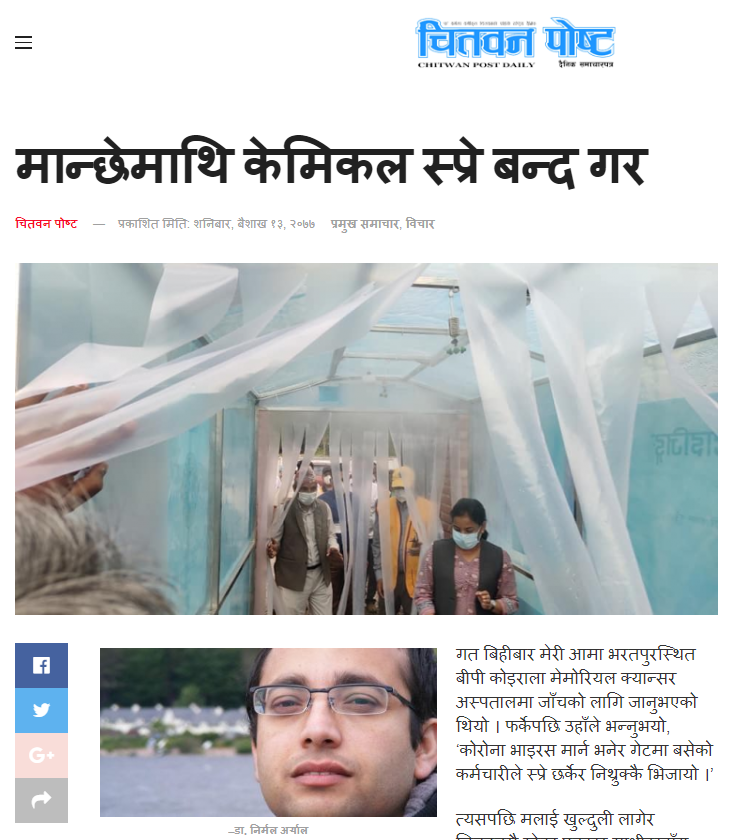
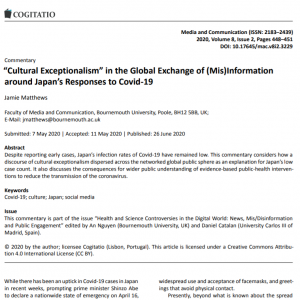

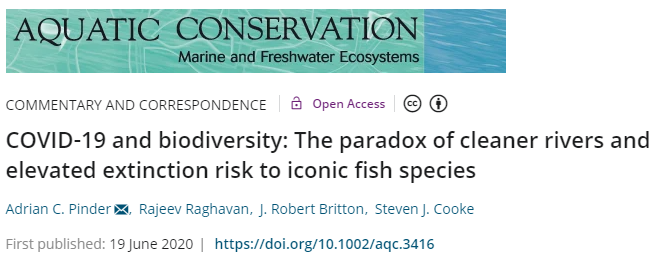
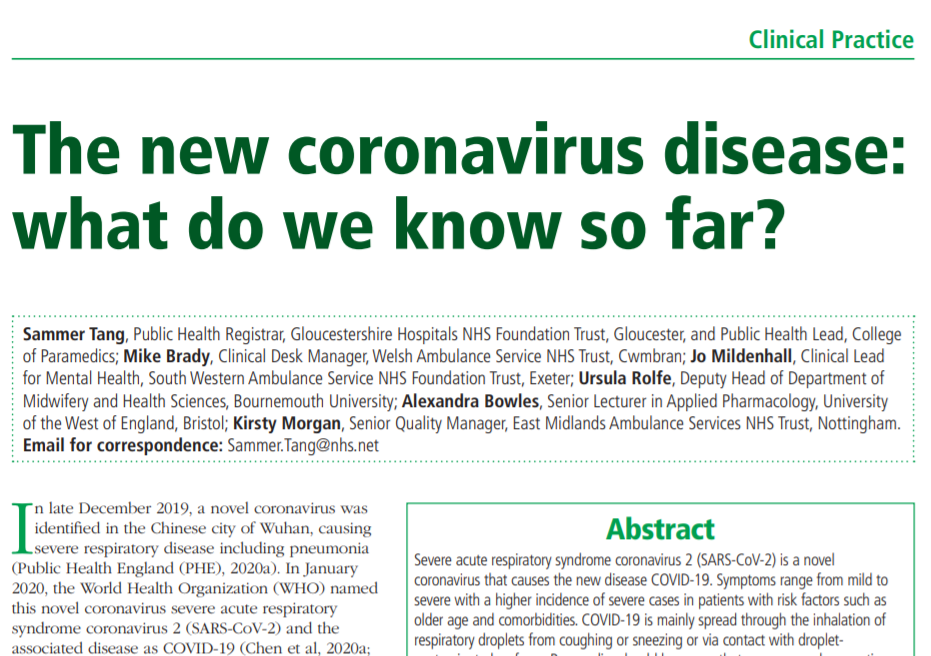
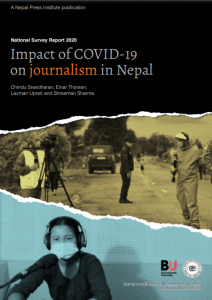
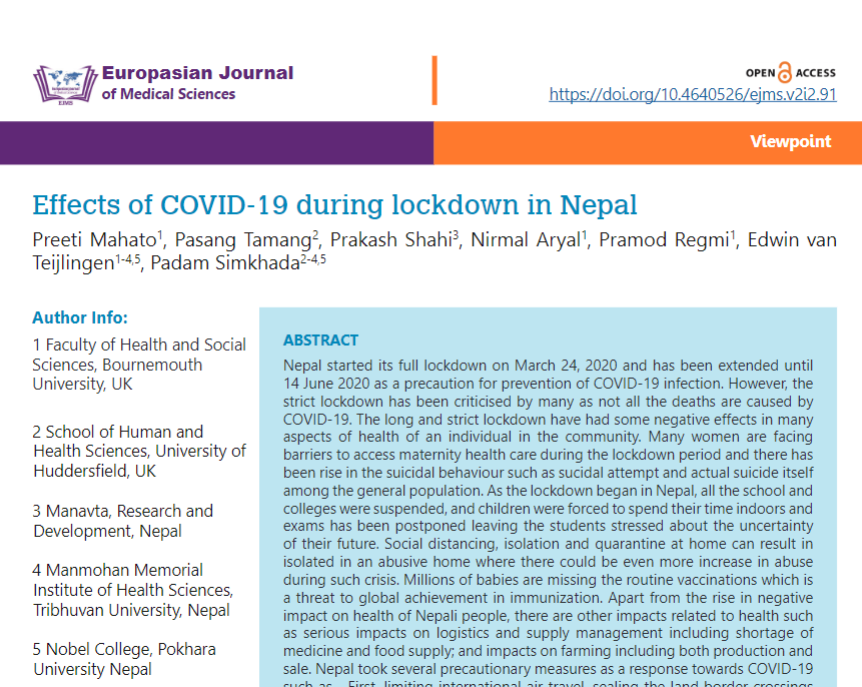
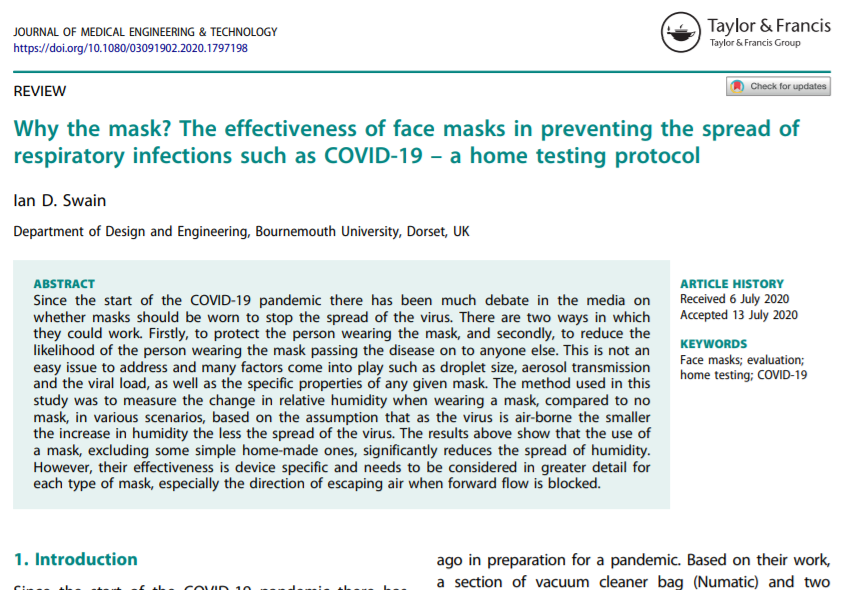

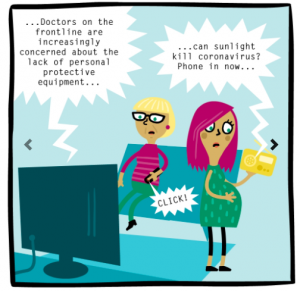
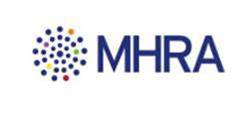












 REF Code of Practice consultation is open!
REF Code of Practice consultation is open! BU Leads AI-Driven Work Package in EU Horizon SUSHEAS Project
BU Leads AI-Driven Work Package in EU Horizon SUSHEAS Project Evidence Synthesis Centre open at Kathmandu University
Evidence Synthesis Centre open at Kathmandu University Expand Your Impact: Collaboration and Networking Workshops for Researchers
Expand Your Impact: Collaboration and Networking Workshops for Researchers ECR Funding Open Call: Research Culture & Community Grant – Apply now
ECR Funding Open Call: Research Culture & Community Grant – Apply now ECR Funding Open Call: Research Culture & Community Grant – Application Deadline Friday 12 December
ECR Funding Open Call: Research Culture & Community Grant – Application Deadline Friday 12 December MSCA Postdoctoral Fellowships 2025 Call
MSCA Postdoctoral Fellowships 2025 Call ERC Advanced Grant 2025 Webinar
ERC Advanced Grant 2025 Webinar Update on UKRO services
Update on UKRO services European research project exploring use of ‘virtual twins’ to better manage metabolic associated fatty liver disease
European research project exploring use of ‘virtual twins’ to better manage metabolic associated fatty liver disease